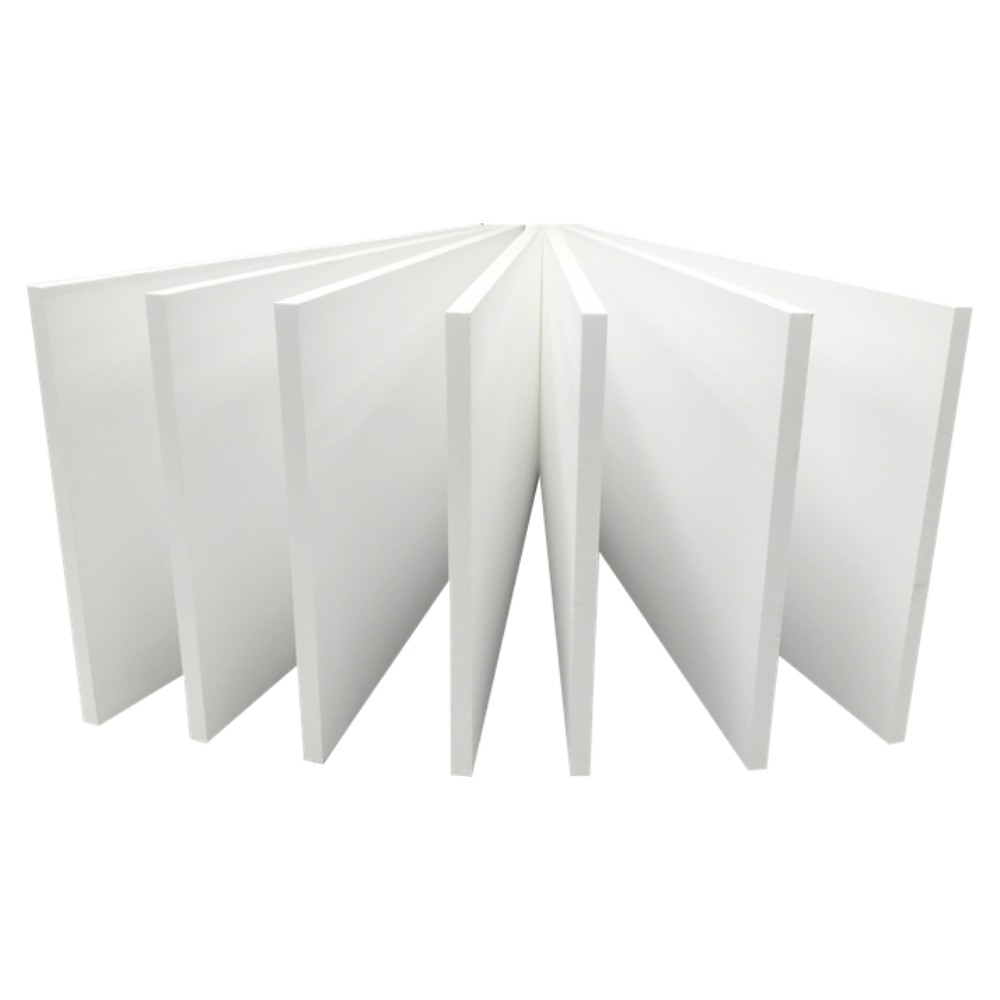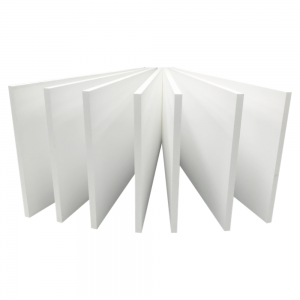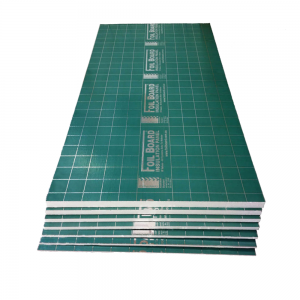 High quality material High quality material |
 No CFC’s or ozone depleting properties No CFC’s or ozone depleting properties |
 Delivers high R-Value rating Delivers high R-Value rating |
 Will not breakdown overtime Will not breakdown overtime |
 Cost effective and fast to install Cost effective and fast to install |
 Increase total insulation Increase total insulation |
Benefits Of Under Slab Insulation
Slabmate is lightweight, safe and easy to install and will maintain its R value for the life the building. Slabmate is the cost effective solution to help you increase your building’s energy efficiency. The product is easy to install and made in Australia to handle Australia’s environmental conditions.
Why Use Slabmate For Under Concrete Slab Insulation?
Slabmate is the new under slab insulation solution for slab-on-ground construction. Slabmate has been designed to create a thermal barrier adding to the total insulation of the project. Environmentally friendly, Slabmate is made here in Australia for both commercial and residential projects.
R Value Of Concrete Slab
The R value measures how well a building material (e.g. a concrete slab) resists the conductive flow of heat. The R value for an uninsulated concrete slab is approximately 0.1 per 150mm. A higher R value means that the material has better insulation properties. 40mm Slabmate will add R1 to the concrete slab.
Types Of Concrete Slabs
There are many types of concrete slabs including slab-on-ground, suspended slab and precast slab. Slab-on-ground is the most common type of slab and two common sub-types are conventional slabs and waffle pod slabs. Both may benefit from slab edge insulation.
Concrete Slab Cost In Melbourne
The cost of the concrete slab in Melbourne depends on the slab’s size, thickness, use, extent of reinforcement required and other regulatory matters. Different concrete pouring companies charge different rates depending on the job, location and quality of concrete.
Why Use Concrete Slabs For Houses?
Concrete slabs for houses are very common. As opposed to stumps or stilts, a concrete slab provides a firm base and avoids movement issues caused by settlement and other environmental changes. It has thermal efficiency properties and offers long-term durability. Concrete slabs enable larger buildings to be constructed with more weight and features.
How To Insulate A Concrete Slab?
To insulate a concrete slab, you will need to apply an insulation barrier. Slabmate is an under slab insulation solution that is applied first and then the concrete is poured on top with reinforcement. Slabmate will not breakdown over time, is made from high quality materials and no CFCs or ozone depleting properties are used in the material.
What is concrete slab foam insulation?
Concrete slab foam insulation is manufactured from expanded or extruded polystyrene. Expanded or extruded polystyrene acts as an insulant because it prevents heat loss and transfers given the densely formed polymers. Given its dense construction, it is also an effective moisture barrier to prevent mould developing inside the property and noise barrier to muffle external sounds. This product is developed in sheets and it is a lightweight, durable and reliable product to support a heavy concrete base.
Why use concrete slab foam insulation?
The purpose of concrete slab foam insulation is to improve the thermal efficiency of the building because heat loss and temperature variations are mainly caused through the floor of the property. The foam sheets are laid over the existing surface to prevent the earth underneath the concrete slab contributing to temperature variations inside the property. Unlike its fluffier and flexible counterparts, foam insulation is rigid and needs to be installed correctly so that no gaps exist.
Benefits of foam insulation under concrete slab
A well-insulated concrete slab ensures that the thermal efficiency of the property is controlled and maintained. Foam insulation under concrete slab avoids thermal discrepancies caused by uncontrollable temperature variations, heat transfers and losses and variable environmental conditions. This will help to reduce energy costs. In addition, foam serves as a moisture barrier, humidity controller, noise barrier and strong support for heavy loads.
| |
|
| |
|





Reviews
There are no reviews yet.